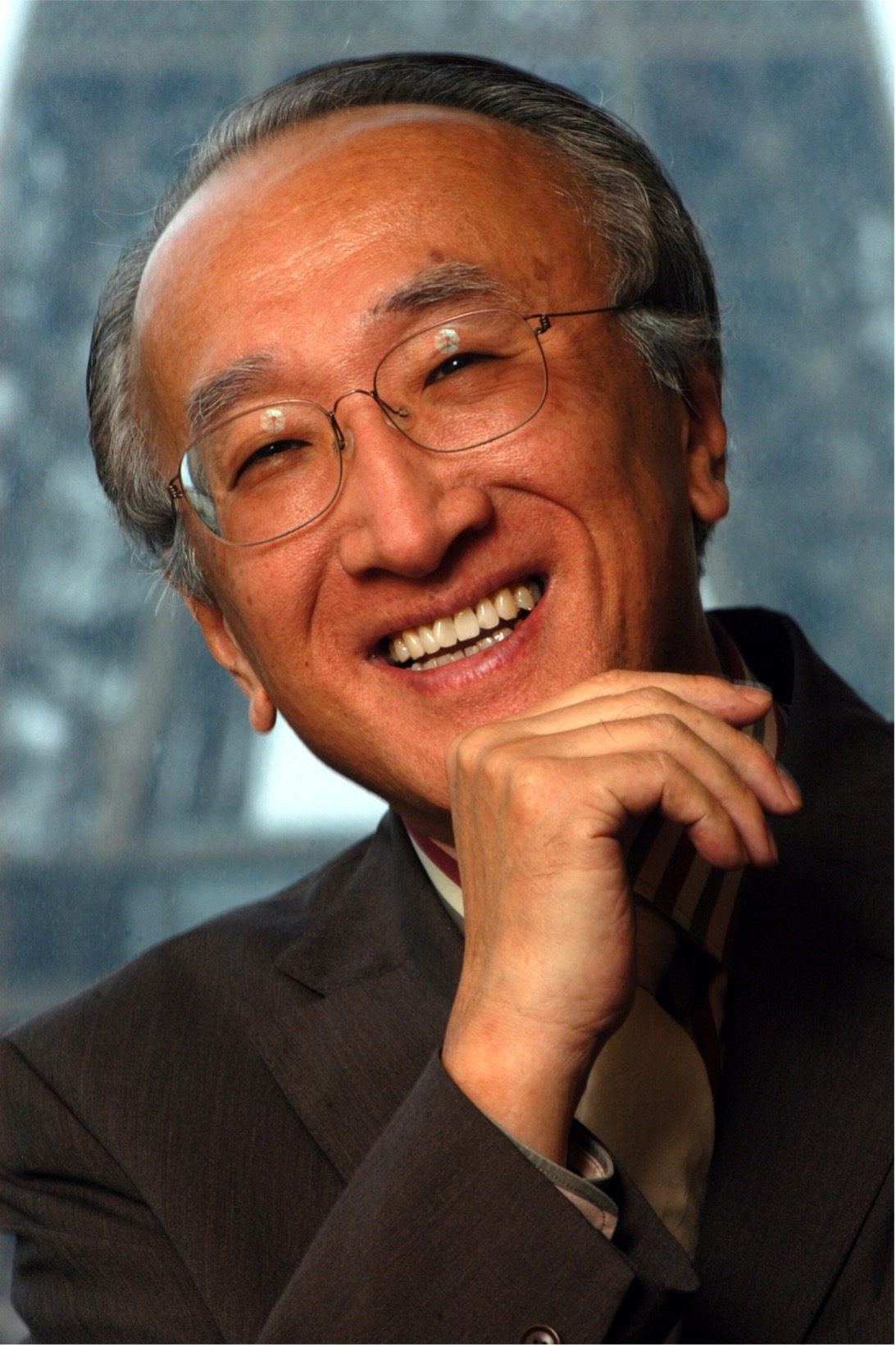Economy
[Herald Interview] Former IEA chief calls for strong global governance to achieve net zero
 |
Nobuo Tanaka, former executive director of the International Energy Agency |
The Paris Agreement, an international treaty on climate change, calls for limiting the global temperature increase to 1.5 degrees Celsius above pre-industrial levels, stressing that emissions need to be reduced by 45 percent by 2030 and reach net zero by 2050.
Nobuo Tanaka, former executive director of the International Energy Agency, says that the world needs to do a lot more to countermeasure global warming and achieve these goals.
“The IEA’s net zero by 2050 scenario tells us that net zero CO2 emissions by 2050 is a reasonable assumption to contain atmospheric temperature increases within 1.5 C by 2100,” said Tanaka, who served as the IEA chief from 2007 to 2011, in a recent written interview with The Korea Herald.
“And yet it is really difficult if not impossible to achieve net zero by 2050. We have to worry about intermediate targets for 2030.”
He noted that the IEA proposed various measures such as tripling renewables, doubling energy efficiency and reducing methane emissions. These were accepted by the 28th Conference of the Parties to the United Nations Framework Convention on Climate Change, or COP28, held from November to December last year.
“But these additional pledges at COP28 add only a quarter of the reductions needed for the trajectory to net zero by 2050,” said Tanaka.
“The Paris Accord is based on each country’s voluntary contributions. We need a strong global climate governance mechanism by leading countries such as (the Group of 20) or the Big Four (the US, the European Union, China and India).”
The former IEA chief has been an active advocate of advanced nuclear energy, voicing that using nuclear energy in a proper and safe way can help humanity’s mission of achieving net zero.
“Nuclear power is considered more favorably in many countries facing the global energy and climate crises,” he said.
“And yet, zero carbon emission of nuclear power isn’t enough to make nuclear ‘sustainable’ because of its risks and public concerns.”
Tanaka pointed to the integral fast reactor concept and pyroprocessing as a possible model of sustainable nuclear power for the future. Underscoring that the system has major safety advantages, easy nuclear radioactive waste management and proliferation resistance, he said Korea, Japan and the US should collaborate to advance this technology.
“I promote the integral fast reactor and pyroprocessing, which was developed by the Argonne (Idaho) National Laboratory of the US,” he said.
“The (Korea Atomic Energy Research Institute) has studied this system with the Idaho National Laboratory for years, while Japan just agreed to (a memorandum of understanding) with the INL. The three leaders of the US, Korea and Japan met in Camp David last year for strategic collaboration. Why not pick the nuclear collaboration as one of the follow-up items of the summit?”
The energy expert added that the three countries can and should do more to make the most of nuclear energy.
“For the sake of national security, the three countries should develop nuclear propulsion submarines, not nuclear weapons, as Northeast Asian AUKUS,” he said.
“(The) three countries can engage together in the denuclearization of North Korea. Japan can buy the North’s plutonium of 40 kilogram and burn it in its reactors. (South) Korea can take highly enriched uranium and dilute it for regular use in (large water reactors). Japan and Korea should join the Treaty on the Prohibition of Nuclear Weapons to show our commitment to peaceful use of nuclear power.”
Tanaka is the chairman of the steering committee of the Innovation for Cool Earth Forum, which was established by the late former Prime Minister Shinzo Abe in 2014. He will deliver a keynote speech titled, “Global Energy and Climate Crisis: Winners and Losers,” at the upcoming H.eco forum slated to take place on Sebitseom in Seoul on May 22. The forum, which is hosted by the Herald Media Group, will discuss insights on overcoming the climate crisis and engage in cooperative discussions for joint responses under the theme of “The Transition: Blue, Clean, and Green.”
By Kan Hyeong-woo (hwkan@heraldcorp.com)








